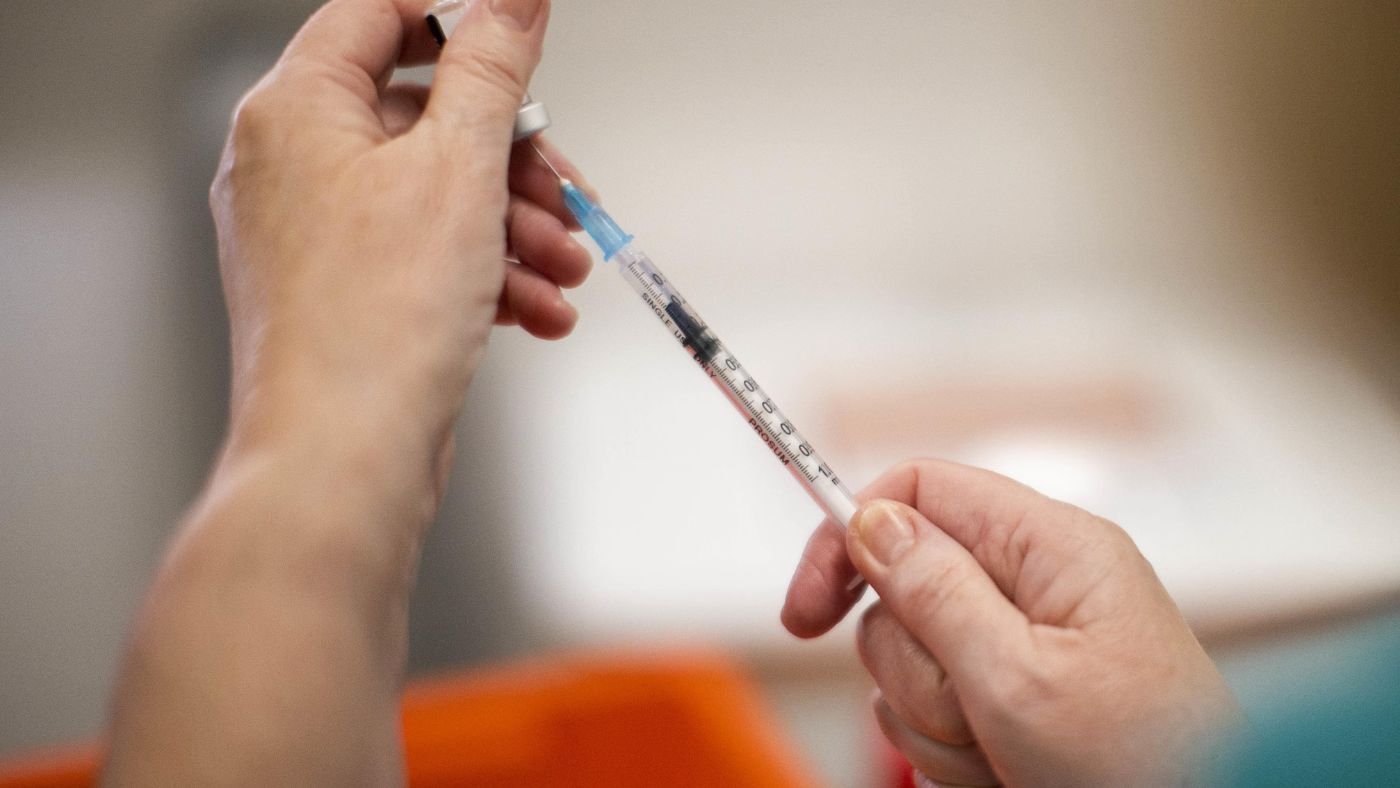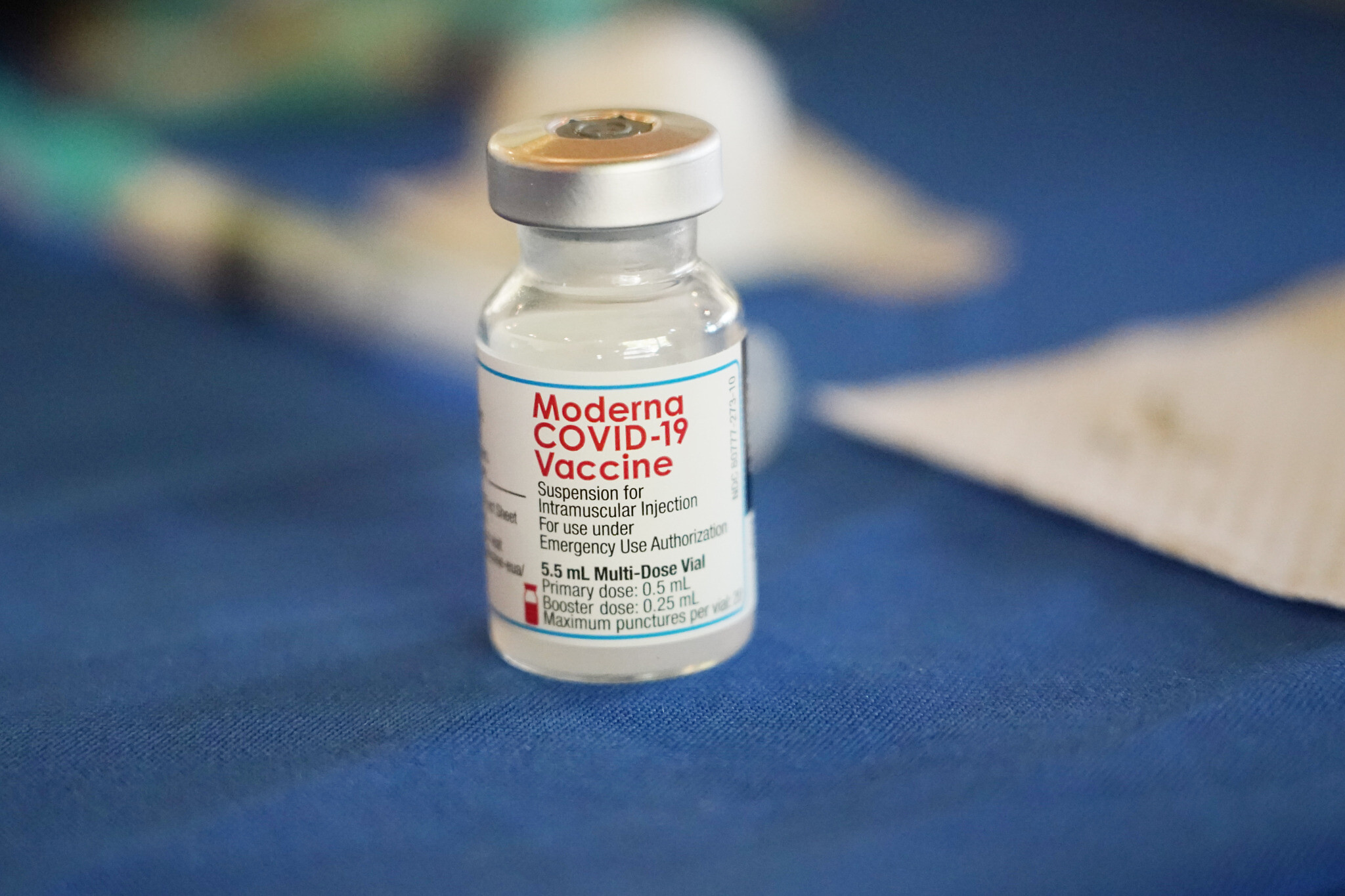Moderna aims to introduce a new set of life-saving vaccines targeting cancer, heart disease, and other conditions by 2030, a company spokesperson told on Monday.
This confirmation follows remarks made by Moderna’s chief medical officer, Dr. Paul Burton on Saturday. Burton expressed confidence that these vaccines will be available by the end of the decade, and possibly within five years.
He emphasized that advancements in messenger RNA (mRNA) technology since the start of the Covid pandemic have opened up significant possibilities for new injections.
“I think what we have learned in recent months is that if you ever thought that mRNA was just for infectious diseases, or just for Covid, the evidence now is that that’s absolutely not the case,” Burton told.
“It can be applied to all sorts of disease areas; we are in cancer, infectious disease, cardiovascular disease, autoimmune diseases, rare disease.”
Studies on vaccines for these diseases have shown “tremendous promise,” he added.
Burton’s comments come as Moderna navigates its post-pandemic growth, driven by its mRNA Covid vaccine.
The Cambridge, Massachusetts-based company became well-known for its mRNA technology, which teaches human cells to produce a protein that triggers an immune response against a specific disease.
His remarks also precede Moderna’s Vaccine Day on Tuesday, an annual event where the company usually provides updates on vaccine development.
Burton highlighted Moderna’s personalized cancer vaccine, a highly anticipated mRNA shot being co-developed with Merck to target various tumor types.
He told the vaccine will be “highly effective” and “save hundreds of thousands, if not millions of lives.”

In February, the Food and Drug Administration granted Breakthrough Therapy Designation to Moderna’s personalized cancer vaccine combined with Merck’s immunotherapy drug Keytruda for patients with a deadly form of skin cancer called melanoma.
This designation aims to expedite the development and review of drugs for serious or life-threatening conditions.
The FDA’s decision followed a phase two clinical trial that showed the vaccine, in combination with Keytruda, reduced melanoma’s recurrence by 44%.
Burton also emphasized mRNA’s potential to address rare diseases that currently have no treatments. He suggested that these mRNA therapies could be available within a decade.
“I think we will have mRNA-based therapies for rare diseases that were previously undruggable, and I think that 10 years from now, we will be approaching a world where you truly can identify the genetic cause of a disease and, with relative simplicity, go and edit that out and repair it using mRNA-based technology,” he told.
One of these diseases is respiratory syncytial virus (RSV). Moderna is among the few companies racing to develop the world’s first vaccine against this deadly virus, which infects the lungs and respiratory tract and usually causes mild, cold-like symptoms.
RSV kills between 6,000 to 10,000 seniors and a few hundred children under five each year.
Similar to the cancer vaccine, Moderna’s potential RSV vaccine for adults aged 60 and older received Breakthrough Therapy Designation from the FDA earlier this year.
This designation was based on positive topline data from Moderna’s phase three clinical trial on the vaccine.
Moderna’s RSV vaccine was 83.7% effective in preventing RSV with two or more symptoms in people aged 60 and older, and 82.4% effective at preventing lower respiratory tract disease with three or more symptoms.
No safety concerns were identified during the trial, and the company intends to publish the full data set and share results at an upcoming medical conference.
